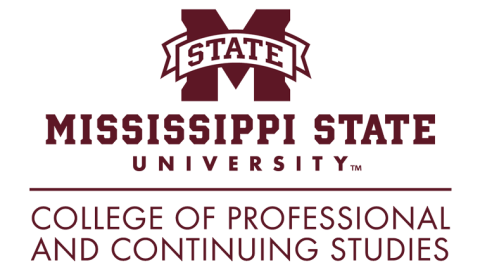Introduction
The Bachelor of Applied Science (BAS) program at Mississippi State University is at the forefront of educational innovation. With the integration of micro-credentials, the program offers a flexible and efficient pathway for career development. This article delves into how micro-credentials can be a cost-saving measure, expedite paths to increased earnings, and help employers find skilled workers.

Cost Savings
According to a study by the Lumina Foundation, micro-credentials can significantly reduce the cost of education by recognizing "non-institutional learning" and providing new pathways to credit and credentials. This is particularly beneficial for adult learners who may already possess skills and knowledge that can be credited towards their degree. Universities that build bridges to experiential learning and external credentials to degree programs not only increase accessibility to all learners but also signal to stakeholders all learning is valuable.

Expedited Paths to Increased Earnings
In a 2022 study, 81% of individuals felt like micro-credentials would lead to increased career earnings. Micro-credentials can offer a quicker route to qualification, thereby enabling individuals to enter the workforce sooner and start earning. This is especially crucial in sectors experiencing skill shortages. Moreover, micro-credentials are one way for individuals to upskill or reskill themselves with competencies that are in high demand in emerging jobs. Digital credentials can make it easier for learners to share their micro-credentials with others, and verifiable digital credentials can provide additional assurance of the authenticity of the credentials.

Employer Benefits
Micro-credentials are developed considering the needs of industry, employers, and the community, making them highly relevant in today's job market as highlighted in a recent study by Kiiskilä et al. (2023). For employers, micro-credentials offer a way to quickly identify the skills and competencies of job applicants. This speeds up the hiring process and ensures that employers can more easily find candidates who meet their needs. As digital credentials become more widely accepted, employers can place more requests to educational institutions to build short-term and long-term educational paths based on the needs of their industry.

Expertise and History
As a land-grant university, Mississippi State University has a long-standing commitment to providing accessible, high-quality education to the people of Mississippi and the broader region. For over a century, we have been at the forefront of educational innovation, research, and community engagement. This rich history has endowed us with a deep understanding of the unique educational needs and challenges faced by our diverse population.
The Bachelor of Applied Science (BAS) program, housed in the College of Professional and Continuing Studies, is a testament to this legacy. Leveraging the university's extensive expertise in career and technical education, the BAS program offers a curriculum that is both rigorous and relevant. Designed with the working adult in mind, the program provides flexible, online learning opportunities that align with industry needs. We also explore prior learning, technical credit, and military training when working on the best fits when advising our BAS students. This ensures that our graduates are not just academically prepared but are also equipped with the practical skills and competencies required to succeed in today's dynamic workforce.
By marrying our historical strengths with modern educational practices, the BAS program stands as a prime example of how Mississippi State University continues to evolve to meet the ever-changing needs of our students and the communities we serve.
Conclusion
Micro-credentials are more than just educational buzzwords; they are the future of lifelong learning and career development. With multiple on-ramps and off-ramps for success, they offer a flexible and efficient pathway that meets learners where they are.
For more information about degrees offered online and credit and non-credit opportunities, visit the Center for Distance Education and the Center for Continuing Education.